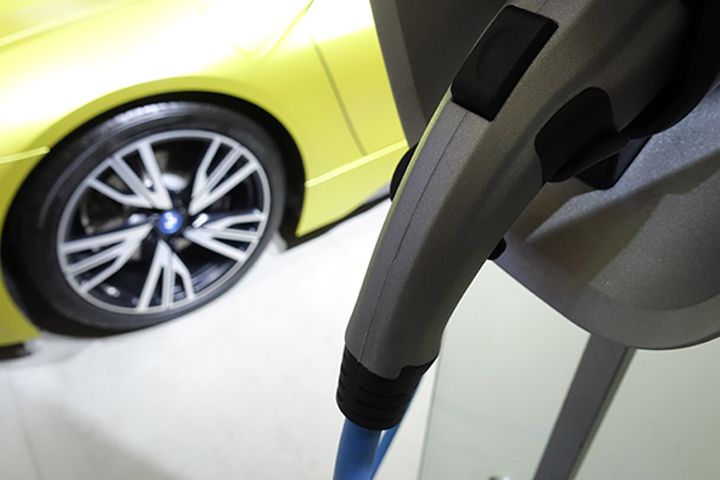 China's NEVs Spark Barrage of Complaints Over Spare Part Supply, Design
China's NEVs Spark Barrage of Complaints Over Spare Part Supply, Design(Yicai Global) March 14 -- Many consumers have suffered poor experiences and shoddy products along with the swift growth of China's new energy vehicle industry in recent years.
NEVS have thus become lightning rods for complaints, with spare parts and design flaws the chief beefs.
The lack of a consummated system for supply of spare parts is a main reason for the deficient quality, industry insiders note. Both the number and sizes of NEV parts companies are still small in China, and their quality control and adaptability are poor.
An imperfect grasp of the intricacies of product design is another, Cui Dongshu, secretary-general of the China Passenger Car Association, told Yicai Global.
"The number of complaints about NEVs continued to rise from 2015 to 2018, over 70 percent of which targeted quality," Li Yang, executive secretary of the National Big Data Alliance of New Energy Vehicles, which was founded by the Beijing Institute of Technology and leading national carmakers, said recently at an industry press briefing.
Consumers gripe the most about NEV battery range, that is, their vehicles' mileage does not match the manufacturers' parameters, Hao Qingfeng, deputy secretary of the China Consumer Rights Protection Law Research Association, told Yicai Global.
"They also complain about the calibration of technical data, such as the time for acceleration to 100 kilometers per-hour," Hao said. Another prominent bone of contention is delayed delivery. "Some consumers pay deposits, but have trouble getting refunds if they want to back out," Hao added.
Complaints about power batteries, range and instrument readings often arise.
Unreal Indicators
"The biggest problem with the Qin model of [Xi'an-based] BYD Auto is mileage. Since this is relatively short and power soon runs out after a recharge, and this necessitates repeated charging, this makes owners feel insecure.
"The gauge may show some power remains, but in reality the car can't actually go that far," one Qin owner who ultimately sold it and bought a gas car told Yicai Global.
Battery performance, temperature, driving habits, car weight and many other factors affect mileage, and this gives unscrupulous operators cover to cheat on power and range. Some companies inflate the driving range of their products, and consumers have to take them at their word without any direct evidence.
"I asked the car dealership why the mileage showed on my car does not jibe with reality, and they said it's a normal phenomenon that relates to driving habits," one NEV owner told Yicai Global.
NEVs have many shortcomings despite being more economical. "They cannot be charged in the winter, and charging errors drain the battery and these small issues become very annoying," one BAIC owner told Yicai Global, adding electric cars experience many problems after three years' use.
Depreciation Depression
The overall resale value-retention rate for three-year-old NEVs is 47.5 percent, significantly lower than the 57 to 64 percent of gas vehicles, and results from their lesser popularity, resale difficulty, aging of power systems, subsidy policies and product upgrades, a report by the China Automobile Dealers Association shows.
"The NEV industry is still in an early stage, manufacturers should understand that they cannot exaggerate product performance. Consumers must see view indicators as only a rough guide, and NEVs are not suitable for long-distance travel, as they should also know before buying," Hao said.
Editor: Ben Armour